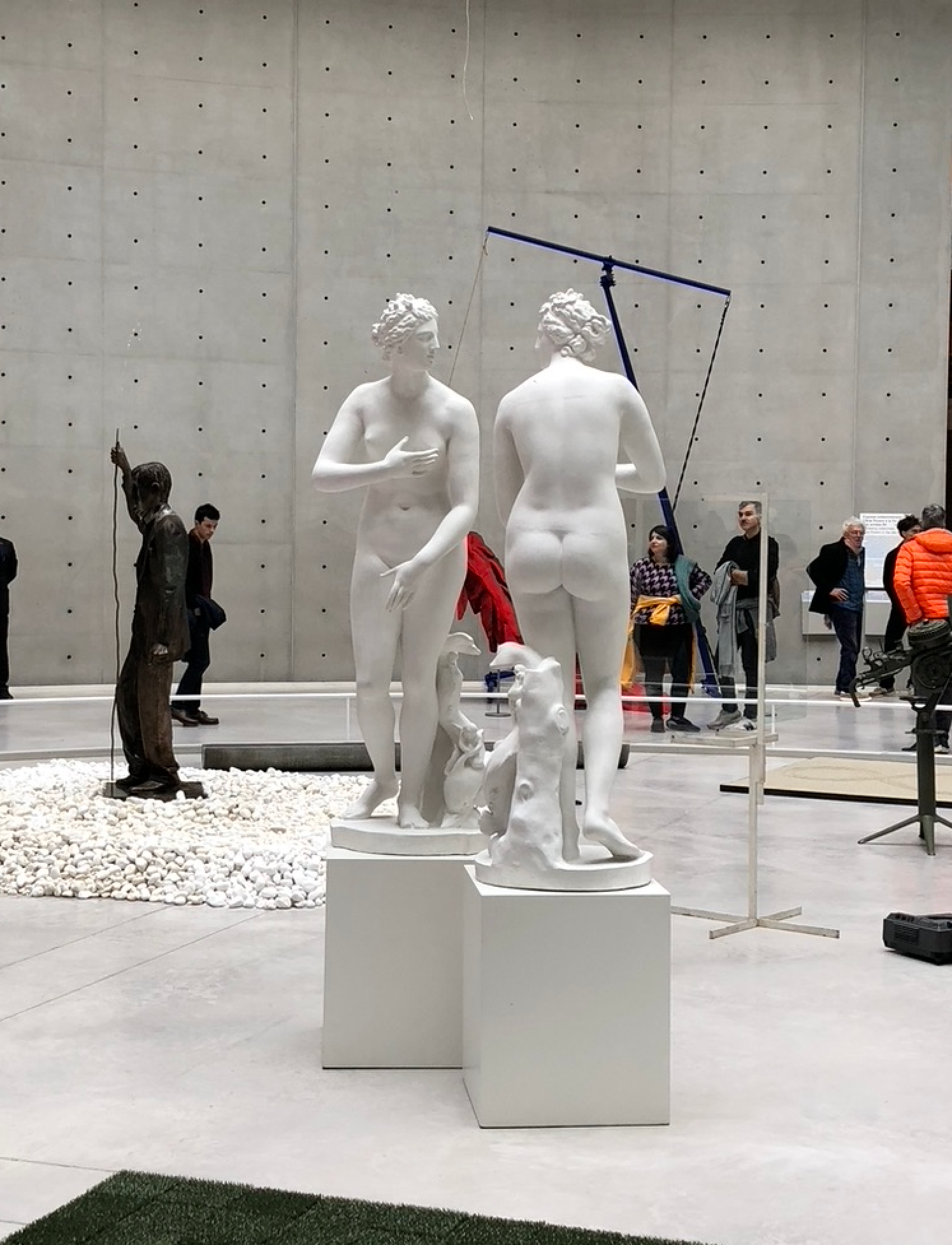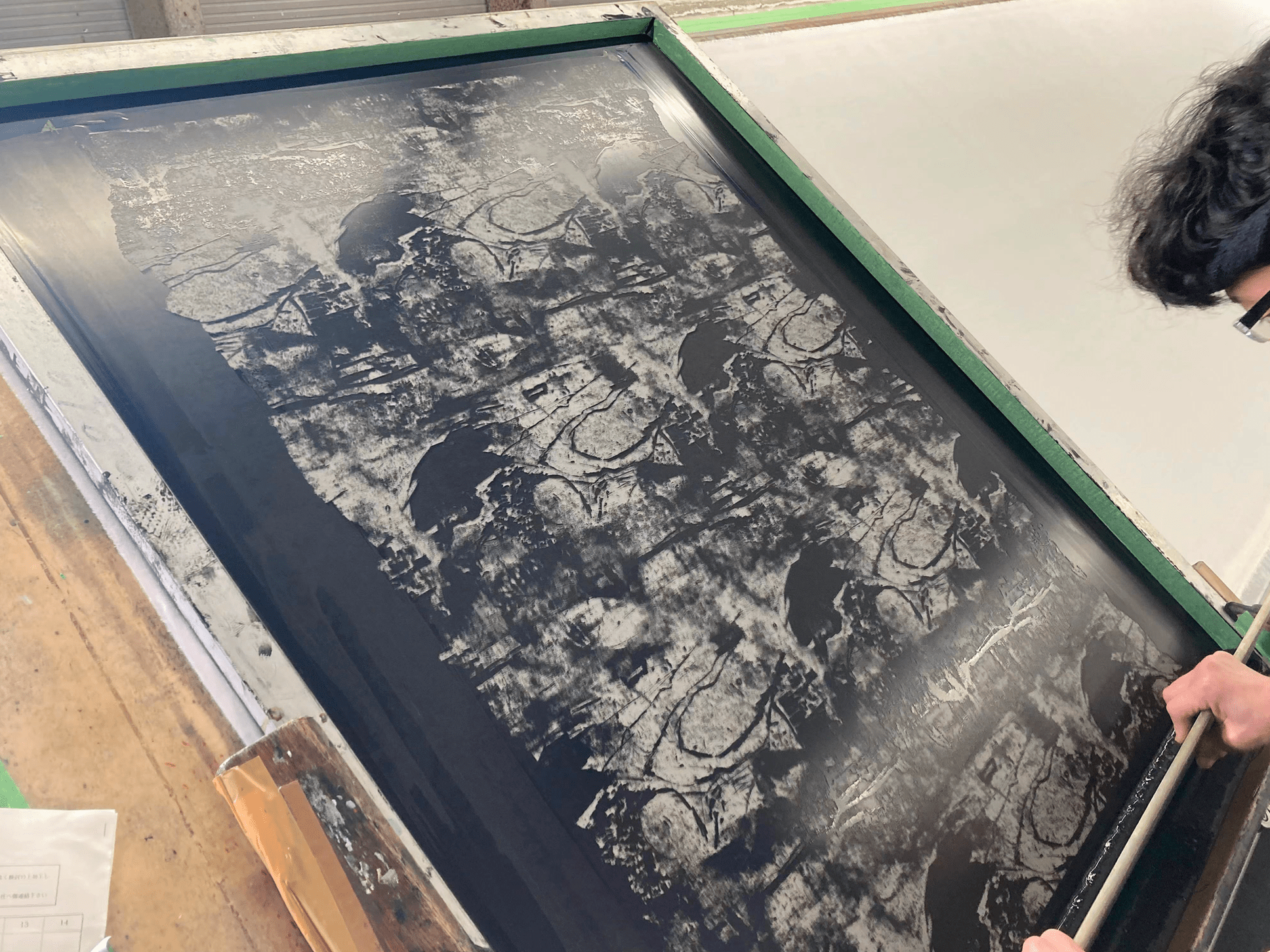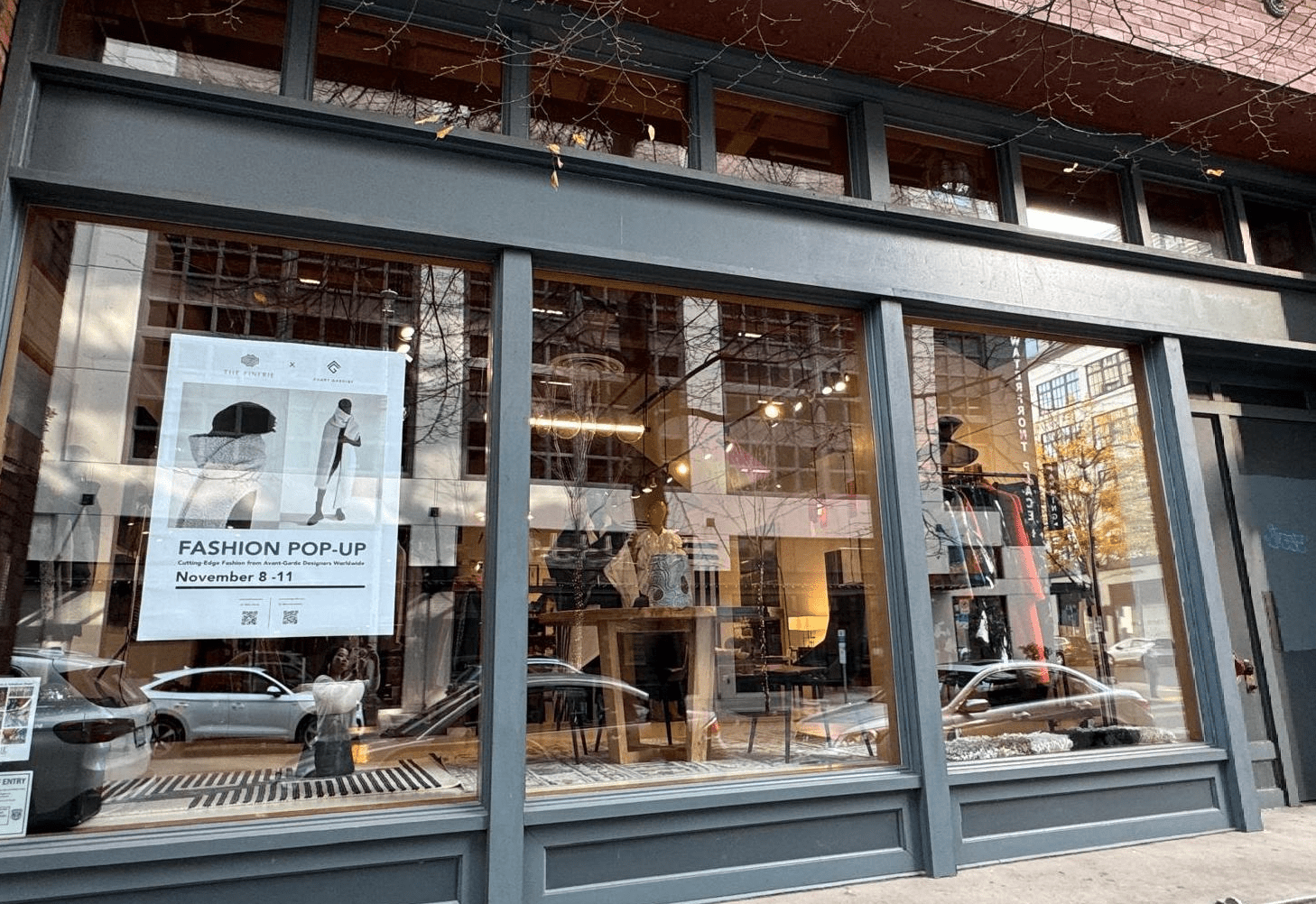
Last week, we had the pleasure of visiting a remarkable exhibition at the Bourse de Commerce in Paris, dedicated to Arte Povera, the revolutionary Italian art movement of the 1960s. The exhibition features over 250 artworks from the movement’s pioneers, including Giovanni Anselmo, Alighiero Boetti, Pier Paolo Calzolari, Luciano Fabro, Jannis Kounellis, Mario Merz, Marisa Merz, Giulio Paolini, Pino Pascali, Giuseppe Penone, and Michelangelo Pistoletto.
At its core, Arte Povera is a bold rejection of traditional art forms and materials. The movement’s name, which translates to "poor art," reflects the artists’ use of unconventional, readily available materials to create thought-provoking works. Moving far beyond canvas and paint, these artists challenged conventional perceptions of art and its relationship to culture and society.
The term Arte Povera was introduced in 1967 by Germano Celant, an influential Italian art critic and curator. For Celant, the movement wasn’t about financial poverty but rather about liberating art from the constraints of traditional practices and expectations. His groundbreaking essays and curated exhibitions gave a collective identity to a new wave of Italian artists emerging in cities like Turin, Milan, Genoa, and Rome during a period of economic uncertainty in Italy. The movement thrived in this dynamic cultural environment, reshaping the boundaries of modern art.
Adding to the exhibition’s allure is the venue itself. The Bourse de Commerce, a historic 18th-century building that once served as Paris's stock exchange, has undergone a stunning transformation. Renowned Japanese architect Tadao Ando has reimagined the space with a minimalist touch, most notably by incorporating a nine-meter-tall cylindrical concrete wall within its grand rotunda. This architectural intervention creates a dialogue between the historic and the contemporary, perfectly aligning with the spirit of Arte Povera.
The museum is not only a treasure trove of groundbreaking art but also a testament to Paris’s commitment to preserving and reimagining its architectural heritage. We highly recommend experiencing this exceptional exhibition firsthand. Whether you’re an art aficionado or simply curious, the Bourse de Commerce offers an inspiring journey into the transformative power of Arte Povera and its ongoing relevance in today’s art world.
Don't miss the chance to immerse yourself in this celebration of creativity, history, and innovation.







